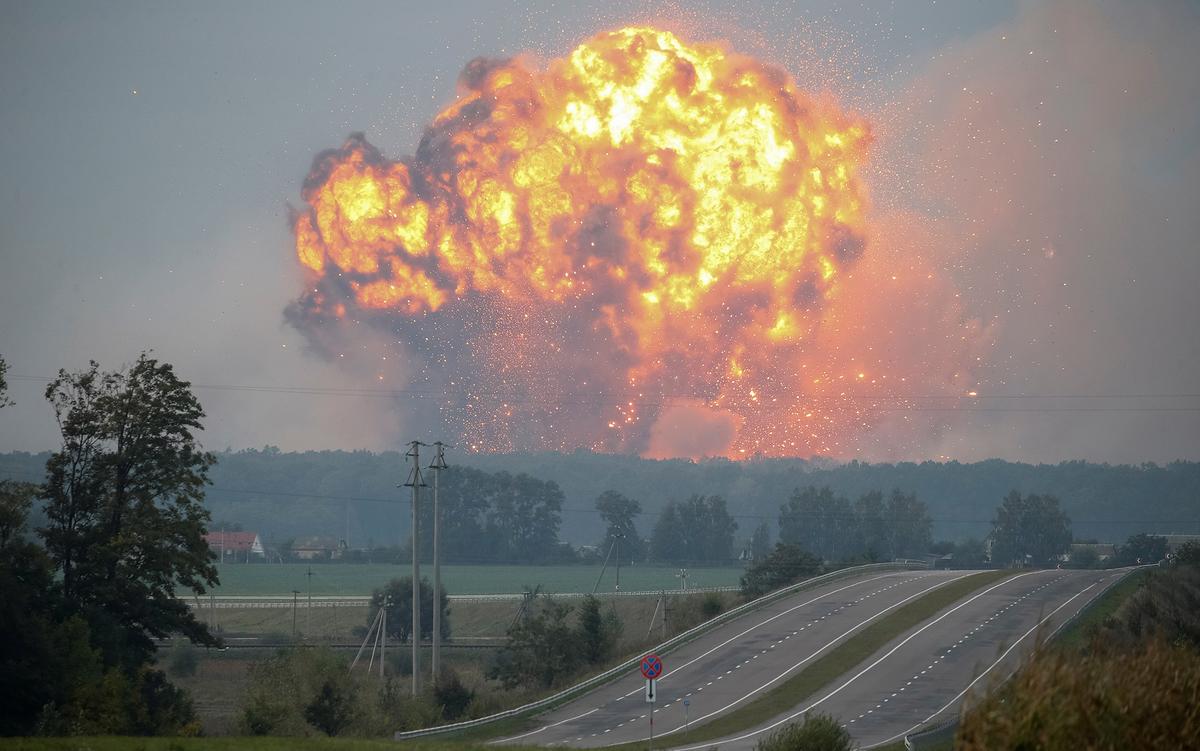Core Concepts
The author argues that 'polycrisis' is a term encompassing interconnected and simultaneous crises, challenging humanity's ability to cope with the overwhelming whole. The concept highlights the need for a new understanding of complex global challenges.
Abstract
The term 'polycrisis' has gained popularity as a descriptor of our current era marked by interlocking crises. Originating from discussions at high-profile events like COP27 and Davos, the term signifies a world facing geopolitical, environmental, and sociopolitical risks. British historian Adam Tooze has been instrumental in promoting the concept, emphasizing how disparate shocks interact to create an overwhelming reality. The debate around 'a' polycrisis versus 'the' polycrisis reflects differing interpretations of the term - either as a research concept or as a unique historical epoch. Critics question the utility of 'polycrisis,' likening it to a mere description of multiple ongoing events. However, proponents argue that it represents a distinct phase in history characterized by unprecedented interconnectedness and ecological threats.
The case for polycrisis as a keyword of our interconnected times | Aeon Essays
Stats
"Concurrent shocks, deeply interconnected risks and eroding resilience are giving rise to the risk of polycrises."
"CO2 levels in the atmosphere are higher than ever in human history."
"Global human-made mass exceeds all living biomass."
Quotes
"A problem becomes a crisis when it challenges our ability to cope and thus threatens our identity." - Adam Tooze
"We are on the brink of a 'Polycrisis' – How worried should we be?" - World Economic Forum
Key Insights Distilled From
by at aeon.co 02-26-2024
https://aeon.co/essays/the-case-for-polycrisis-as-a-keyword-of-our-interconnected-times
Deeper Inquiries
What societal changes might be necessary to address the challenges posed by polycrises?
In order to effectively address the challenges posed by polycrises, several key societal changes are necessary. Firstly, there needs to be a shift towards more sustainable and equitable economic systems that prioritize environmental conservation and social well-being over profit maximization. This may involve implementing policies that promote renewable energy sources, reduce carbon emissions, and ensure fair distribution of resources.
Additionally, there should be a focus on enhancing global cooperation and governance mechanisms to tackle interconnected risks collectively. Strengthening international institutions such as the United Nations and fostering collaboration between nations is crucial in addressing issues like climate change, pandemics, and geopolitical tensions.
Furthermore, promoting social justice and equality is essential in navigating through polycrises. Addressing systemic inequalities within societies can help build resilience against various crises while ensuring that vulnerable populations are not disproportionately affected.
Education also plays a vital role in preparing individuals and communities to adapt to changing circumstances brought about by polycrises. Promoting awareness about environmental sustainability, disaster preparedness, and conflict resolution can empower people to respond effectively to complex challenges.
Is there an inherent bias in attributing capitalism as the root cause behind overlapping emergencies?
While attributing capitalism as the root cause behind overlapping emergencies may highlight important aspects of our current predicament with polycrises, it is essential to recognize that this perspective may carry some inherent biases. Capitalism has undoubtedly played a significant role in shaping our economic systems, resource consumption patterns, and social structures which have contributed to environmental degradation and inequality.
However, it is crucial not to oversimplify complex issues by solely blaming capitalism for all overlapping emergencies. Environmental problems have multifaceted origins involving historical legacies, cultural beliefs, technological advancements among other factors beyond just capitalist modes of production.
By focusing solely on capitalism as the root cause of all crises without considering other contributing factors or nuances within different contexts could lead us away from comprehensive solutions or hinder understanding of diverse causes underlying various emergencies we face today.
How can individuals navigate through quick and slow crises simultaneously during this unique historical period?
Navigating through quick (pandemic) and slow (climate change) crises simultaneously during this unique historical period requires a multi-faceted approach at both individual level actions along with collective efforts.
Stay Informed: Individuals need access accurate information regarding ongoing quick crisis events like pandemics while staying updated on long-term slow crisis developments such as climate change impacts.
Adaptability: Cultivating adaptability skills helps individuals adjust quickly when faced with rapid changes due pandemic outbreaks or sudden conflicts while also planning for long-term adaptations needed for slower threats like ecological shifts.
Community Engagement: Building strong community networks allows sharing resources during immediate crises responses but also fosters collaborative efforts towards sustainable solutions for longer-term challenges.
Personal Resilience: Developing personal resilience strategies including mental health practices can help individuals cope with stressors arising from simultaneous quick-slow crisis scenarios.
Advocacy & Activism: Engaging in advocacy work around policy changes related both short term emergency response measures (like healthcare infrastructure improvements) alongside advocating for long term sustainability initiatives aids navigating through these dual-speed crises efficiently.
0
